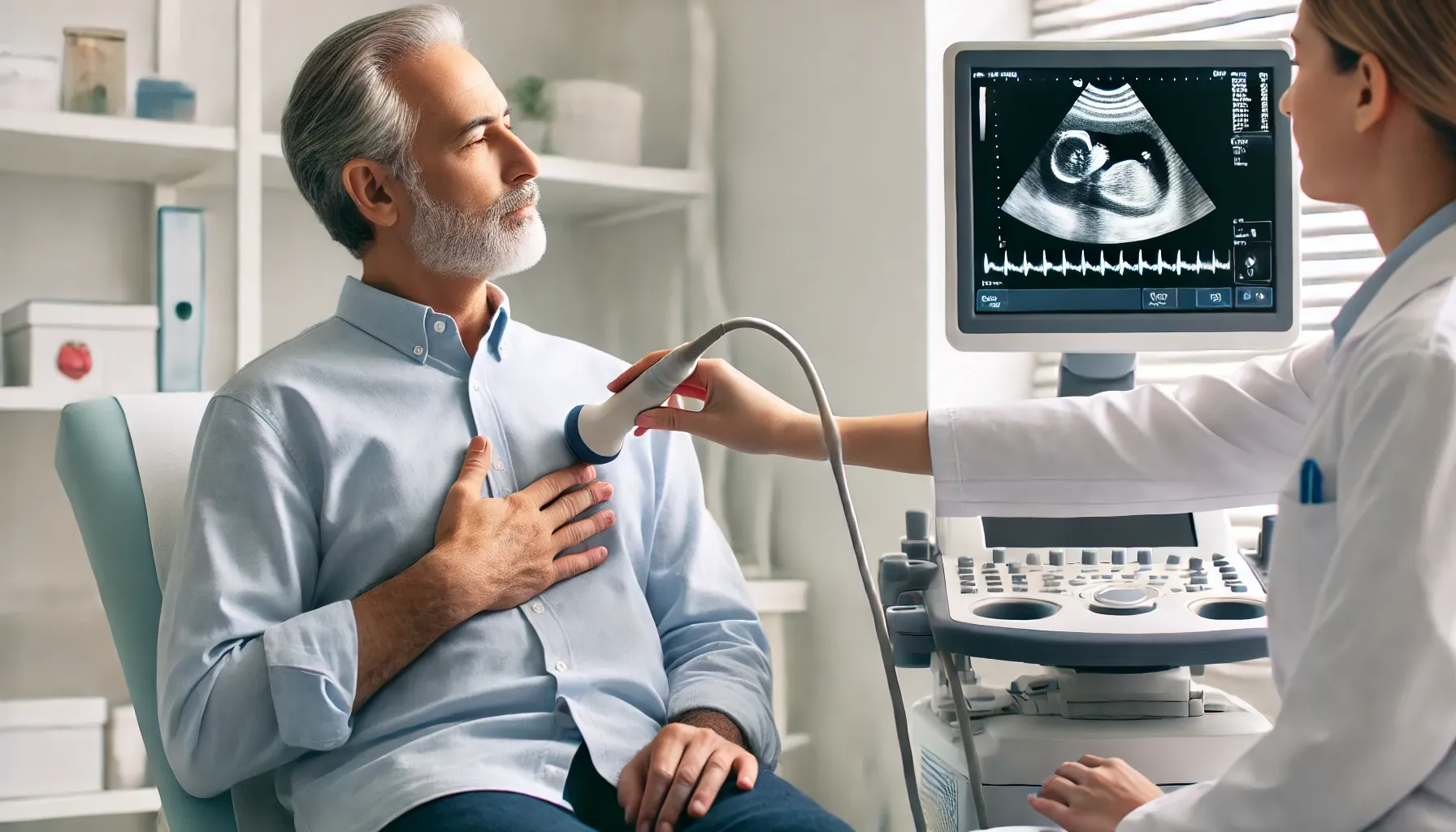30-Minute Heart Scan Save Your Life! Here's What You Need to Know About Echocardiograms
Your heart could be telling you something — even before symptoms show. Every year, thousands of people experience heart issues that could’ve been detected early with one simple, painless scan: the echocardiogram.

🩺 What Is an Echocardiogram?
An echocardiogram (or "echo") is a non-invasive ultrasound scan of the heart. It uses sound waves to create real-time images of your heart's structure and function — showing how well your heart is pumping and whether there are any abnormalities.
No needles. No radiation. No pain. Just a powerful look at what’s happening inside your chest.
💡 Why You Should Consider Getting One
You don't need to wait for symptoms. Many heart conditions develop silently over time — and an echocardiogram can reveal early signs of:
Heart valve problems
Congestive heart failure
Enlarged heart (cardiomegaly)
Blood clots or fluid around the heart
Previous heart attacks you may not have felt
Early detection means early treatment, which could literally save your life.
🧠 Who Should Get an Echocardiogram?
While it’s a common test for people with known heart issues, many doctors recommend it for those who are:
Over 50 years old
Experiencing high blood pressure or shortness of breath
Dealing with fatigue, dizziness, or palpitations
Have a family history of heart disease
Living with diabetes or obesity
Even without symptoms, it’s a smart move for peace of mind.
⏱️ What to Expect During the Scan
The scan usually takes 30–45 minutes and is completely non-invasive. A technician applies gel to your chest and uses a handheld device to capture images of your heart. You may be asked to lie in different positions or hold your breath briefly for clearer images.
That’s it — no prep, no downtime, and immediate peace of mind.


